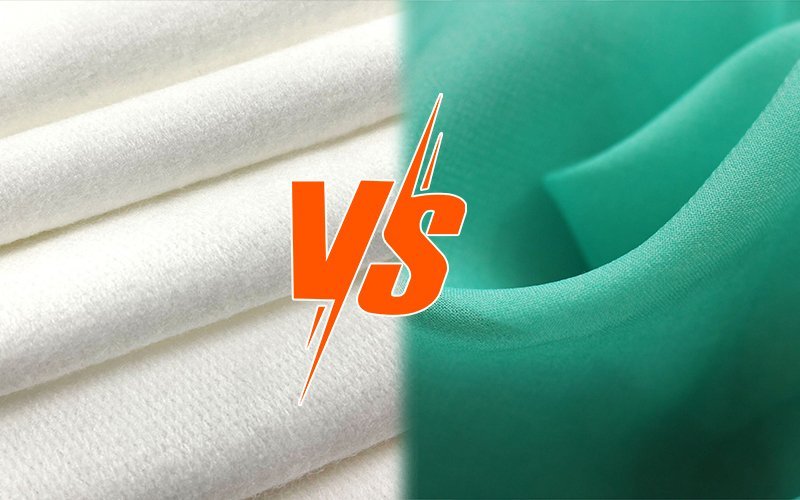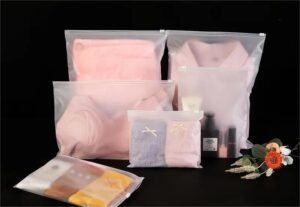When selecting fabrics for various applications, be it for personal use or for designing clothing, the choice between polyester and cotton is a common dilemma. Both materials have their unique properties, benefits, and drawbacks, which can make one more suitable than the other depending on your specific needs. Here’s an in-depth look at polyester and cotton, covering various aspects from comfort to environmental impact.
1. Fabric Lifespan and Durability
Polyester, being a synthetic material, tends to have a longer lifespan compared to cotton. Its resistance to wrinkles, shrinking, and color fading, along with its ability to maintain shape, makes polyester a favorable choice for long-term use. Cotton, while durable, may show wear more quickly, especially with frequent washing.
2. Comfort and Breathability
When it comes to comfort, there’s a significant difference between these two materials. Cotton, a natural fiber, is highly breathable, making it a great choice for warm weather and for those with sensitive skin. It allows air to circulate and moisture to evaporate, thus keeping you cool and comfortable. Polyester, on the other hand, is known for its moisture-wicking properties, which can be beneficial during physical activities but may not be as breathable as cotton.
3. Maintenance and Care
Polyester is relatively low-maintenance compared to cotton. It’s less prone to wrinkling and requires less attention to maintain its appearance. Cotton garments may need more care, such as careful washing to prevent shrinkage and fading, and might require ironing to keep them looking neat.
4. Environmental Impact
Considering the environmental impact, cotton comes out as the more eco-friendly choice. It has a lower carbon footprint compared to polyester, which is derived from petroleum-based products. Polyester’s production is energy-intensive and has a higher carbon footprint. However, cotton is not without its environmental issues, as conventional cotton farming can be water-intensive.
5. Hypoallergenic Qualities
Cotton is generally hypoallergenic and less likely to cause skin irritation, making it suitable for sensitive skin. Polyester, due to its synthetic nature, might not be as skin-friendly and can sometimes cause irritation.
6. Versatility in Use
Both fabrics are versatile in their use. Cotton is a popular choice for everyday wear, bedding, and towels due to its softness and breathability. Polyester, owing to its durability and wrinkle resistance, is often used for activewear, outdoor clothing, and home furnishings.
7. Moisture Wicking Abilities
Polyester is superior in wicking moisture away from the body, making it a good choice for athletic wear. Cotton, while absorbent, can retain moisture and might feel heavier or damper in comparison.
8. Cost Considerations
Generally, the cost of polyester and cotton can vary based on quality and brand. However, polyester is often more affordable due to its synthetic nature and widespread availability.
Conclusion
In conclusion, the choice between polyester and cotton depends on various factors including personal comfort preferences, intended use, care requirements, environmental concerns, and budget. Cotton, with its natural, breathable, and hypoallergenic qualities, is excellent for everyday wear and hot climates. Polyester, being durable, moisture-wicking, and low-maintenance, is ideal for activewear and long-lasting garments. Understanding these differences will help you make an informed decision that aligns with your needs and values.





